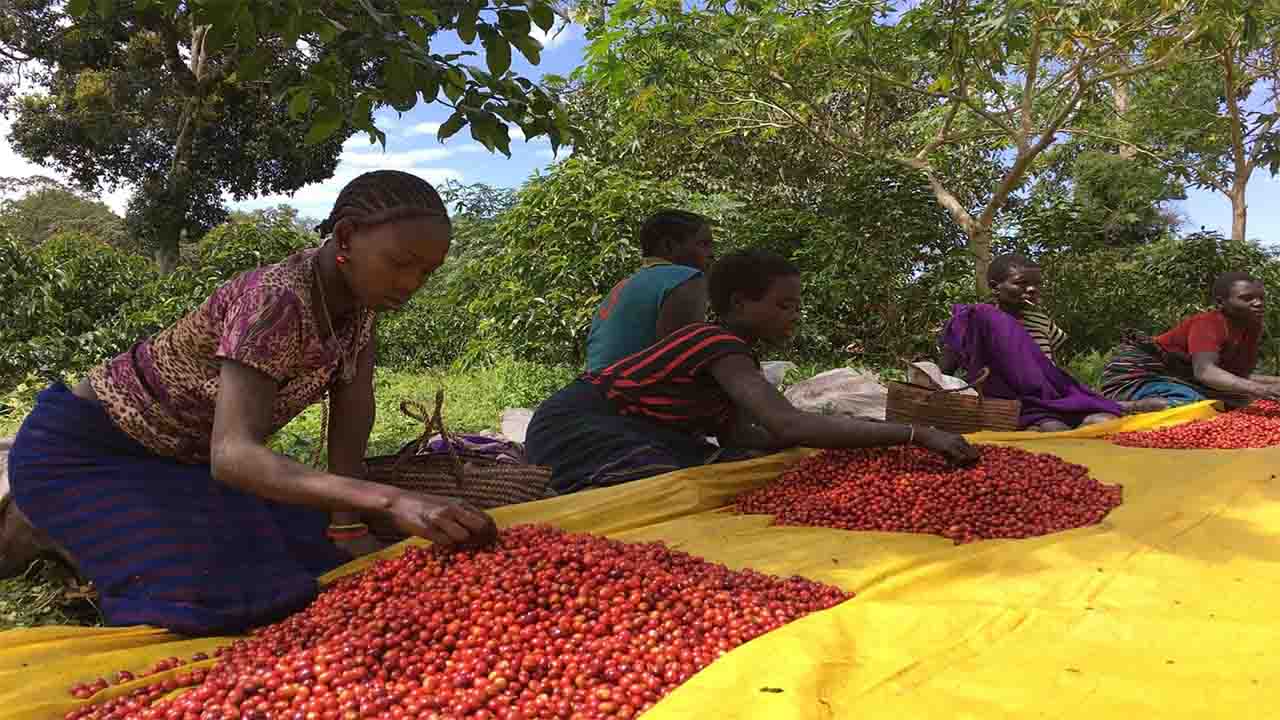In the dynamic landscape of global trade, where technology and data reign supreme, the recently concluded Commonwealth Trade Ministers Meeting (CTMM) in June 2023 resounded with a call for innovation. The message was clear: member states must harness the potential of digital public infrastructure (DPI) and ensure affordable access to digital technologies. Responding to this call, the Commonwealth Secretariat, in partnership with national governments and backed by the Open Society Foundations (OSF), is pioneering an initiative aimed at revolutionizing how member countries manage their agricultural data through a DPI model.
This groundbreaking initiative commences with a multi-stakeholder dialogue at the national level, scheduled for September 26-28 in Malawi. The objective of this dialogue is to collaboratively diagnose data-related challenges, raise awareness about associated risks, garner consensus on the need for a national infrastructure, and initiate the groundwork for its design and development.
The Concept of Data as a National Resource
British mathematician Clive Humby’s 2006 proclamation that “data is the new oil” has since become a fundamental concept in the digital era. Much like oil and other natural resources, data, in its raw state, holds limited value until refined, processed, and transformed into practical applications. Data’s value, therefore, lies in its adept management. Analogous to gold in South Africa or oil in Nigeria, data can be viewed as a “national” resource, entrusting countries with sovereignty over its usage and the responsibility to ensure its secure and profitable exploitation.
Establishing Infrastructure for a Unique National Resource
The provision of infrastructure, such as roads, railways, ports, and airports, by the public sector, is fundamental to enable all stakeholders, both public and private, to offer transportation services. These shared public infrastructures serve as the bedrock for innovation, fostering the growth of products and services. Furthermore, to ensure the secure and profitable utilization of these national resources, countries have enacted policies, regulations, and infrastructure to guide both public and private sector participants.
However, a considerable challenge remains: there is no standardized national approach to managing another unique national resource—agricultural data. This results in every service provider, including digital platform operators, researchers, NGOs, farmer cooperatives, and UN entities, creating their own data systems, leading to fragmented databases, reluctance to share data, duplicated data systems, operational inefficiencies, data collection fatigue, and policy-making based on fragmented data. The long-term consequence of this policy inaction is the weakening of national digital sovereignty, eroding governments’ power to make decisions affecting their citizens and businesses within the digital realm.
The Imperative: A National Approach to Agricultural Data Management through DPI
The time has come for Commonwealth member states to acknowledge agricultural data as a national resource and to take decisive policy actions to safeguard and maximize its potential for their citizens and the entire Commonwealth. The Commonwealth Secretariat, under its Commonwealth Connectivity Agenda for Trade and Investment, has developed a DPI model to assist countries in designing and constructing their national agricultural data infrastructure. This initiative promises to revolutionize data management, strengthen digital sovereignty, and usher in an era of data-driven prosperity across the Commonwealth.
The DPI framework comprises four vital components:
- A principles component, incorporating global, generic, and country-specific principles to guide data use.
- A technology component to explore viable systems for bridging existing data systems and ensuring interoperability.
- An administration component calling for a neutral multi-stakeholder entity to manage the infrastructure.
- A business model to guide infrastructure financing and equitable access.
The untapped resource across the Commonwealth lies in unstructured data. A coordinated approach is essential to harness this resource for the benefit of smallholder agriculture. As Jon Suarez-Davis, Chief Strategy Officer at Ketch, highlights, the future lies in unlocking mutual value for companies and consumers.
With its long-standing spirit of cooperation, the Commonwealth Secretariat is well-positioned to play a pivotal role in supporting member countries to harness the power of data for future digital sovereignty, benefitting both citizens and businesses. To join this coordinated approach to agricultural data management across the Commonwealth, connect with the Commonwealth Connectivity Agenda for Trade and Investment (CCA). It’s time to unlock the transformative potential of agricultural data and reshape the future of our nations.








